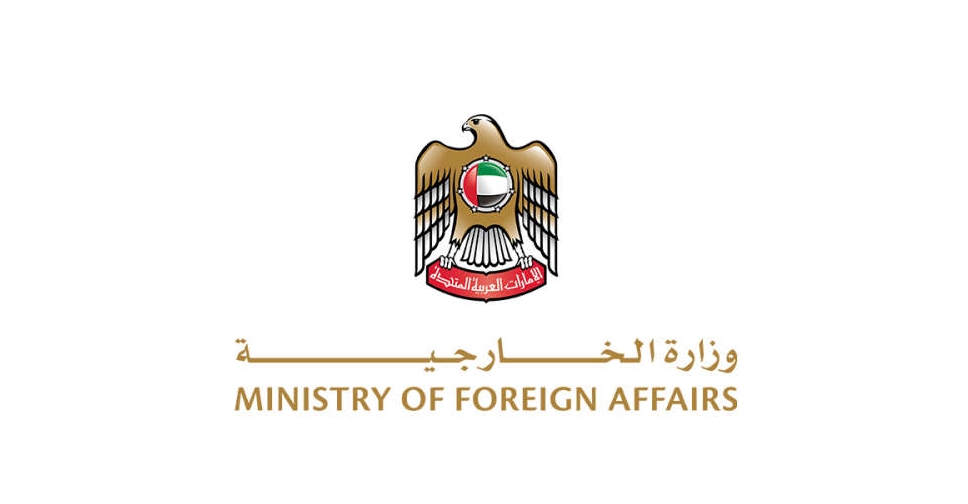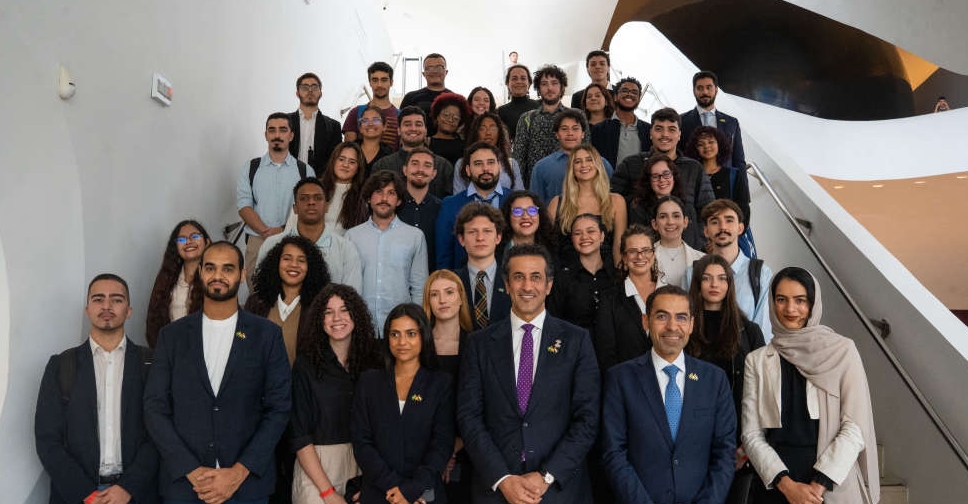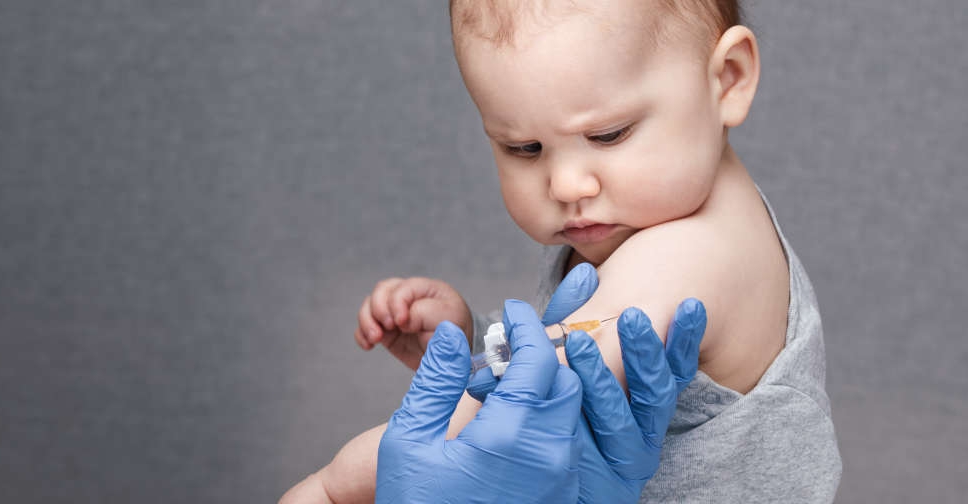
Advisers to the US Food and Drug Administration have unanimously recommended the agency authorise COVID-19 vaccines from Moderna Inc and Pfizer Inc/BioNTech for millions of the youngest American children.
The committee's recommendation is an important step toward immunising children under the age of 5 and as young as 6 months old who have not yet been eligible for the shots.
The FDA is likely to authorise the shots soon.
The US government is planning for a June 21 start to its under-5 vaccination campaign should the vaccines receive FDA authorisation, White House COVID-19 response coordinator Ashish Jha said last week.
COVID-19 is generally more mild in children than adults, but FDA officials told the panel that the number of US COVID deaths so far in small children - roughly 442 under age 5 - "compared terribly" to the 78 deaths reported during the swine flu pandemic of 2019-2010.
"I think we have to be careful that we don't become numb to the number of pediatric deaths because of the overwhelming number of older deaths," FDA official Peter Marks told the panel.
Once the FDA authorises the vaccines for the age group - 6 months to 4 years old for Pfizer/BioNTech and 6 months to 5 years old for Moderna - the US Centers for Disease Control and Prevention (CDC) will make its recommendations on use of the shots in young children. A committee of the CDC's outside advisers is scheduled to meet on Friday and Saturday.
While many American parents are eager to vaccinate their children, it's unclear how strong the demand will be for the shots. The Pfizer/BioNTech vaccine was authorised for children ages 5 to 11 in October, but only about 29 per cent of that group is fully vaccinated.
Public health officials and experts say that even though a large portion of small children were infected during the winter surge in cases driven by the Omicron variant of the coronavirus, natural immunity wanes over time and vaccinations should help prevent hospitalizations and deaths when cases rise again.
The two vaccines are not interchangeable. Moderna's vaccine for children under 6 is a two-dose, 25 microgram vaccine, with the shots given about four weeks apart. The Pfizer/BioNTech vaccine for the youngest children is a lower dose, 3-shot regimen given over at least 11 weeks.
Several panelists at the meeting voiced concerns that the Pfizer/BioNTech vaccine was not substantially protective until children received the third shot, noting that parents might believe their children were protected while awaiting that last dose.


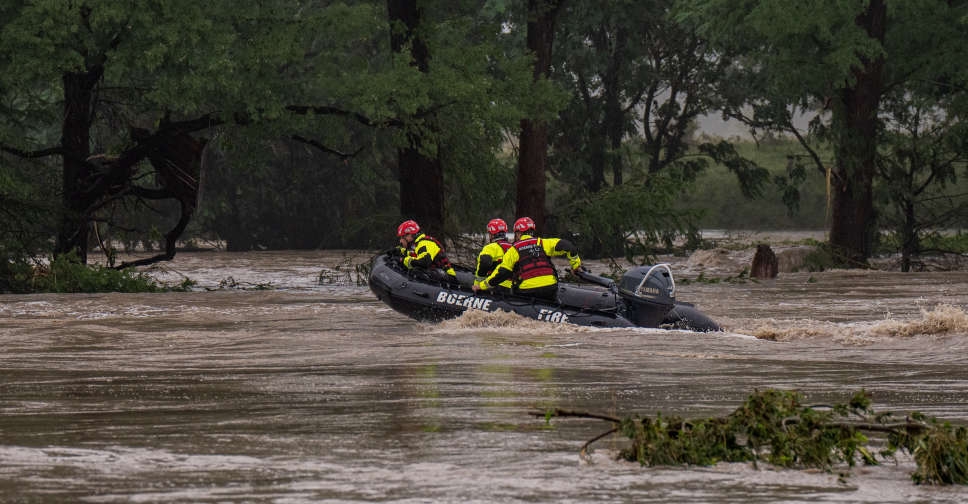 At least 24 dead in Texas flash flooding
At least 24 dead in Texas flash flooding
 Aid foundation says two of its workers injured in Gaza
Aid foundation says two of its workers injured in Gaza
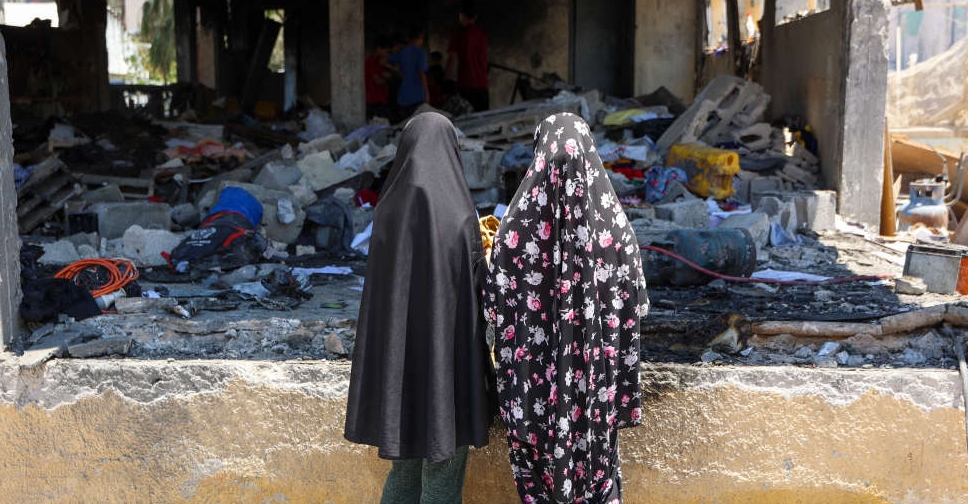 Hamas says it responds to Gaza ceasefire proposal in 'positive spirit'
Hamas says it responds to Gaza ceasefire proposal in 'positive spirit'
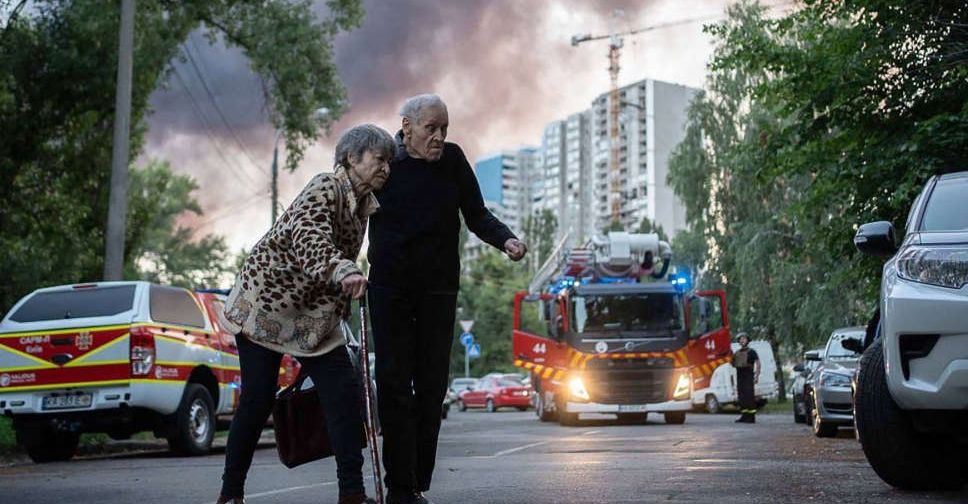 Russia pounds Kyiv with largest drone attack, hours after Trump-Putin call
Russia pounds Kyiv with largest drone attack, hours after Trump-Putin call
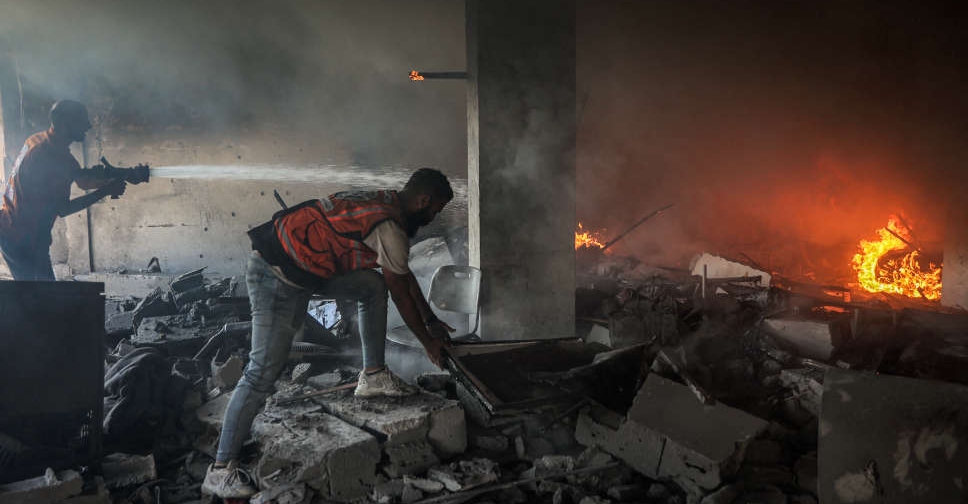 Trump says he expects Hamas decision in 24 hours on 'final' peace proposal
Trump says he expects Hamas decision in 24 hours on 'final' peace proposal

